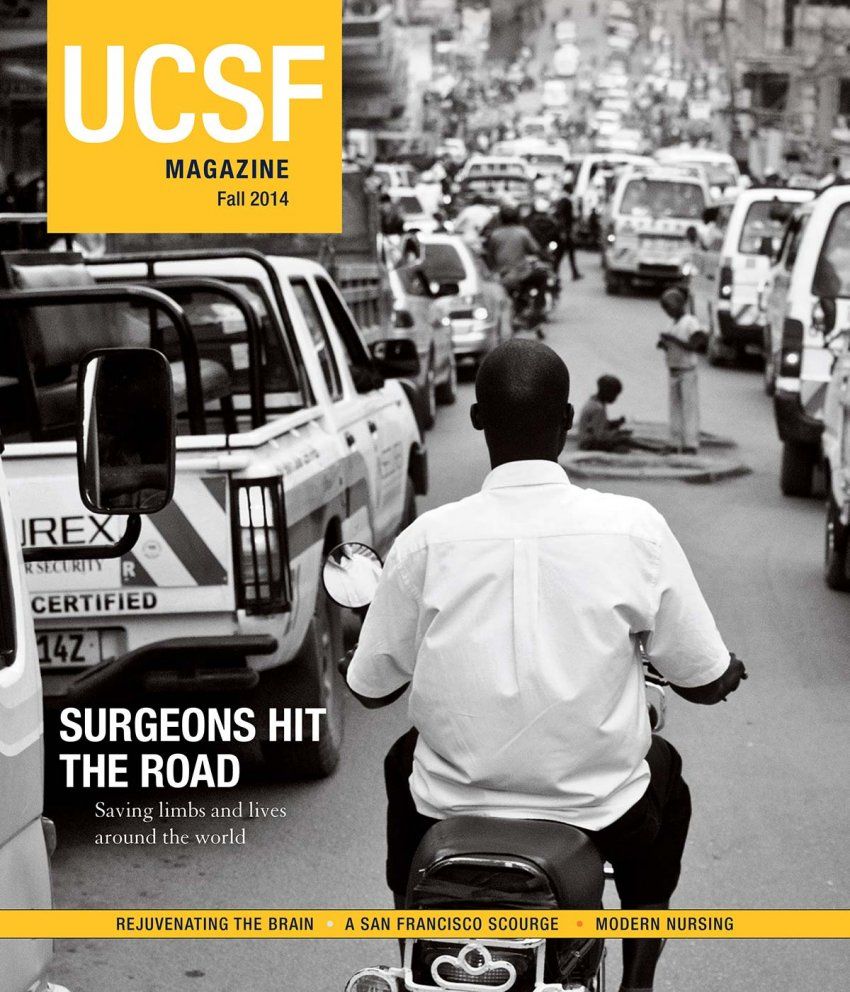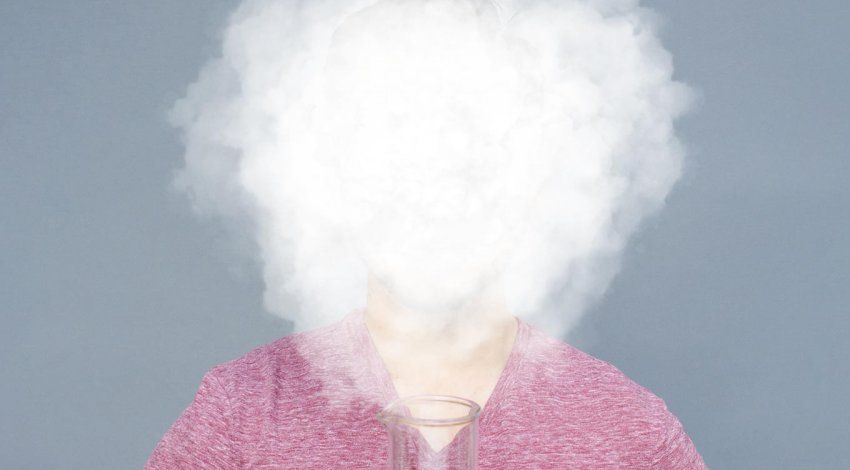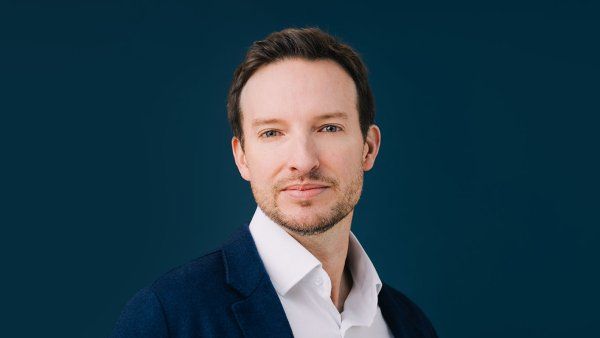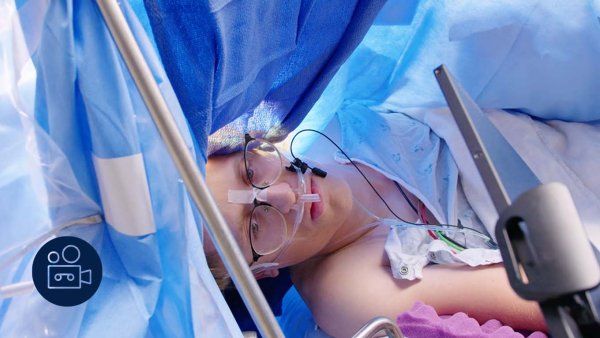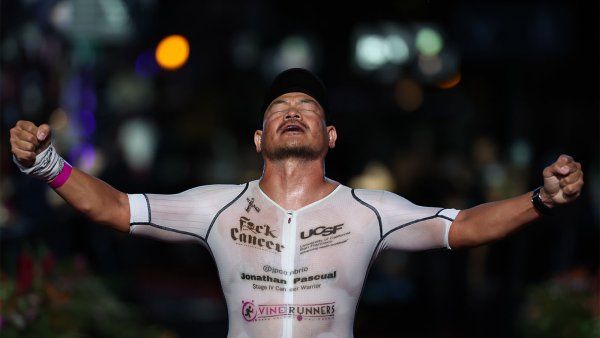
Medicine Meets Marijuana
Q&A with Molly Cooke, MD, inveterate internest
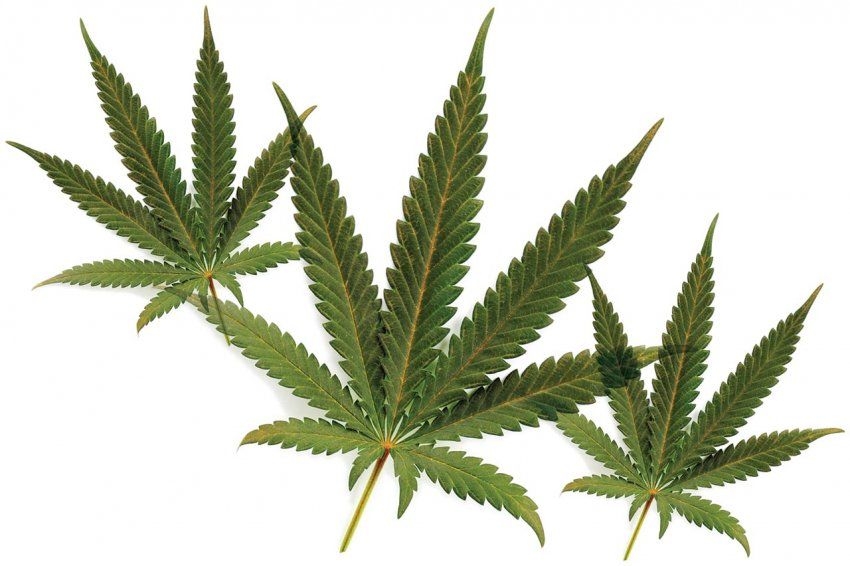
Molly Cooke, MD – a resident alumna, pioneering HIV/AIDS physician, and medical education expert – discusses how clinicians and patients navigate the great unknowns involved in using marijuana as a medicine. Cooke is the immediate past president of the American College of Physicians, but she speaks here as an inveterate internist.
What diseases and conditions has marijuana been effective in treating?
The list of diseases for which there is good scientific evidence that marijuana is effective is relatively short. It works well as an appetite stimulant and anti-nausea medicine and has been used under the table for decades for people on chemotherapy. Marijuana also lowers intraocular pressure in glaucoma, though ophthalmologists prefer alternatives. And it works as an anxiolytic – it reduces anxiety.
Why have some states approved marijuana use for a long list of diseases?
For 75 percent of conditions listed in state statutes, marijuana is acting as an anxiolytic, not on the disease itself. For instance, in multiple sclerosis, marijuana is not preventing neurologic degeneration or curing the associated muscle spasms, stiffness, or pain, though its sedative powers may be lessening the impact of these symptoms. Patients need to understand this distinction.
What’s the relationship between pain and anxiety, and how does marijuana help?
People who experience a lot of pain get anxious. They wonder how long it will last, whether it will get worse. It’s a completely understandable psychological response that actually intensifies pain. And when pain is a consequence of disease, it becomes a constant reminder of the illness, and anxiety builds – it’s a vicious cycle, one that the sedative powers of marijuana can ease.
Have states ever before legalized the medical use of a controlled substance without clinical trials supporting the use?
No, but you can make some interesting historical parallels with alcohol, because the two drugs behave in quite similar ways. In the ’50s, obstetricians advised their anxious pregnant patients to have a couple of drinks. No one would recommend that any more.
Clinicians asked themselves how alcohol reduced stress and looked for other healthier ways to achieve the same benefit. Treating marijuana as a medicine poses similar dilemmas. What are the actual benefits? Can we replicate them with another therapy? What are the harms? The research just isn’t there.
Why is there so little research about marijuana's therapeutic properties?
Marijuana’s use as medicine has been so politicized and polarized that it makes it hard to get funded for research.
Are there downsides to using marijuana therapeutically?
Unfortunately, many of the people who come asking for a doctor’s certificate are exactly the people who shouldn’t be using the drug. I think as physicians we have a responsibility to ask ourselves “What is the abuse potential here?” – just as we do before we write a Vicodin or Dilaudid prescription.
How would you advise someone with a condition for which the use of medical marijuana is approved, but the benefits are not proven?
I would tell them to put marijuana use in the larger context. What are the symptoms that bother you and what else have you tried?
What are the alternatives?
Regular exercise, some basic breathing techniques, and mindfulness-based stress reduction can be very helpful.
How do you study a plant that is cultivated in so many different environments?
The plants vary a lot in how much THC and other cannabinoids they have in them. It makes it very hard to be systematic and rigorous in studying marijuana. I think if it were decriminalized, a lot of those problems could be much more easily addressed.
Where do you think marijuana has the richest therapeutic potential, outside of its anxiolytic and anti-nausea effects?
There is promising anecdotal evidence from prominent pediatric neurologists that marijuana may prevent seizures in children with epilepsy. Sadly, given the current circumstances, there are many barriers to properly studying that possibility.
